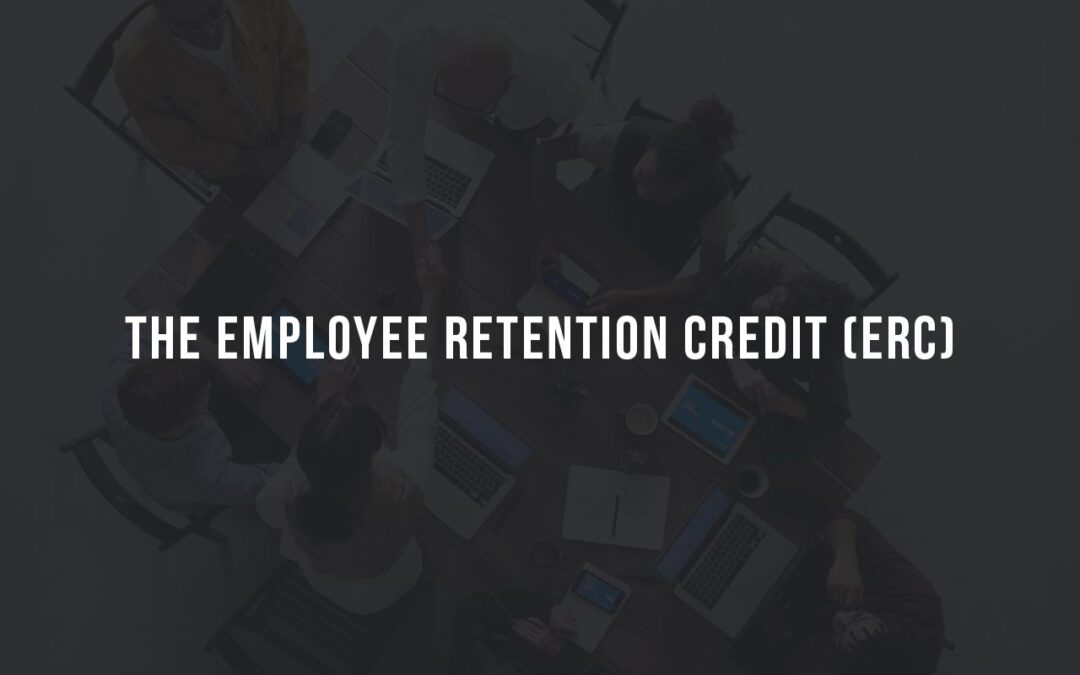CALL US
(980) 237-1714
Email us
justin@pruscpa.com
Friday 09:00 - 15:00
Mon - Thu 09:00-17:00
Home Office Deduction – Walkthrough by GP CPA
Estimated Reading Time: 3 minutes 45 seconds
Dear Client, the home office deduction is rather limited for your tax situation (and most people other taxpayers), especially in the trade-off between S-corp and schedule C.
The Schedule C offers better home office deductions, but the overall tax bill is substantially higher due to the self-employment taxes. The home office deduction is rather limited for your tax situation (and most people other taxpayers), especially in the trade-off between S-corp and schedule C.
The Schedule C offers better home office deductions, but the overall tax bill is substantially higher due to the self-employment taxes. Currently, the S-corp earnings are saving you about $XX,000 in Medicare taxes that would otherwise be due if the COMPANY was not an S-corp. The home office deduction would likely save you less than a couple of hundred dollars in overall taxes.
How Does The Tax Law Changes Affected Home Office Dedecution?
The tax law changes for 2018 limited the itemized deductions by capping the state income tax that can be deducted, thereby reducing the ability of anyone to itemize their deductions. As long as your mortgage interest is more than $20,000 you will still be able to itemize, but the real estate taxes and income taxes withheld above $10K do not count anymore.
The home office deduction is really limited by this measure because if your home office deduction rises, it also means that your itemized deductions are decreasing by roughly the same amount. It’s kind of a scenario where the home-related expenses can be taken on one place or another, but they cannot be more than the ultimate total house related deductions.
How Can You Use Home Office Deduction?
Depending on how aggressive you would like to be, there is the option of renting your house to the COMPANY for one day a month at the fair market value of your home. This is sometimes called the Agusta Rule, where the rental expense is deducted and the rental income to you personally is tax exempt.
GP CPA has had clients pay anywhere from $1,500 per month to $2,000 a month for a one-day-a-month rental of their primary or secondary residence for corporate meetings/retreats. There is usually an agenda, meeting notes, and an attendance record to satisfy the IRS requirements for such a deduction, but not always. This option would certainly be available for 2019, and it could also be possible for 2018, although risky. Any expenses related to 2018 for this type of expenditure (so far after the fact) would most certainly be removed upon examination by either any taxing authority.
The issue of whether or not the expenses would be allowed or not allowed is based entirely on whether the IRS/NC would examine your income tax returns in the next few years and require substantiation of those expenses.
Some of our clients follow the documentation requirements to substantiate this rental expenses, others are taking the risk that the expense will be removed upon exam should that occur. If you are interested, I can provide more details as to how this would work. We present this option to clients and let them decide if it fits within their risk tolerance.
Related Articles

GP CPA was featured on WCNC Charlotte about “Are Unemployment Benefits Taxable?”
We are glad to inform you that Justin Prusiensky, Chief Executive Officer of the GP CPA P.C. was featured on WCNC Charlotte coverage about “Are Unemployment Benefits Taxable”.

I received funds from the Restaurant Revitalization Fund (RRF) program, now what do I do with the money?
First off, the funds are expected to be spent before the end of 2021, as an annual report to the SBA will be required at some point in the future. We are still waiting for guidance from the SBA regarding what this annual report will look like. It may make sense to draft a spending plan or budget to make sure all of the funds are spent on time and in accordance with the program rules. GP CPA can help you with this planning, so you can prevent a surprise surplus of funds. Spend wisely and timely!

The Employee Retention Credit (ERC)
The Employee Retention Credit (“ERC”) has had some upgrades and retrofits to some of the basic calculations with the most recent (12.27.20) CARES Act changes.
How to Persuade Clients to Change Banks. Listen to Justin Prusiensky’s Guest Appearance on the Relay Financial Webinar
Our expert accountant Justin Prusiensky was recently interviewed as a guest speaker by Relay Financial to discuss how to persuade clients to change banks.
What Tax Breaks Changed From 2018?
Congress extended some of the tax breaks retroactively to January 1, 2018. They now expire on December 31, 2020. Learn more about tax breaks that have been extended.
Tax Planning with GP CPA
GP CPA offers a wide range of business advisory services that are tailored to the needs of business owners. For those small businesses who need someone to keep the books, we can do that.
Comments


0 Comments